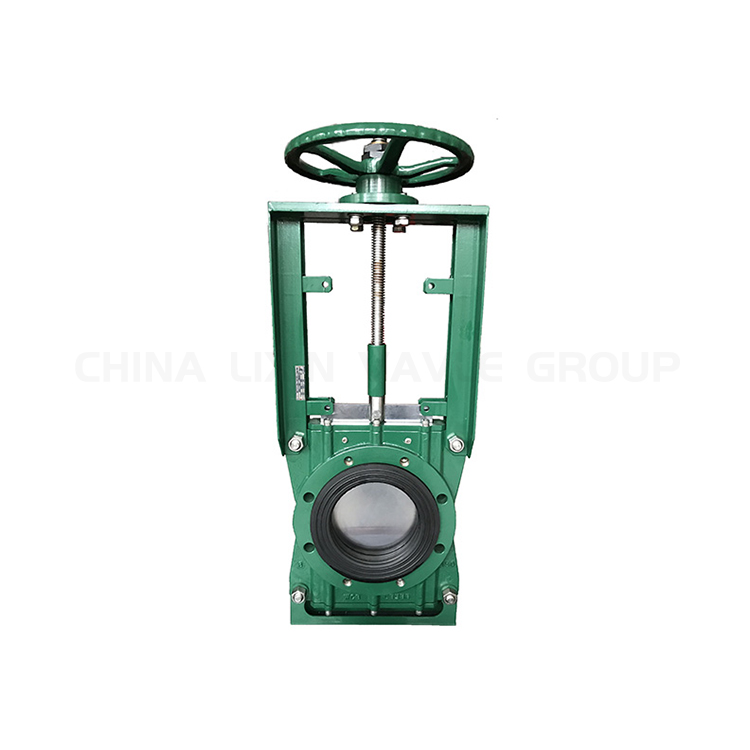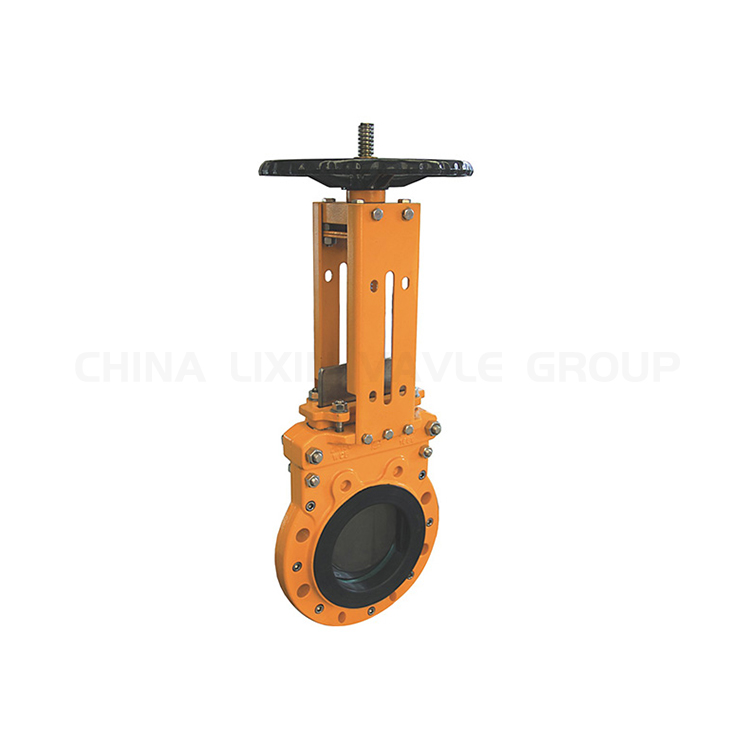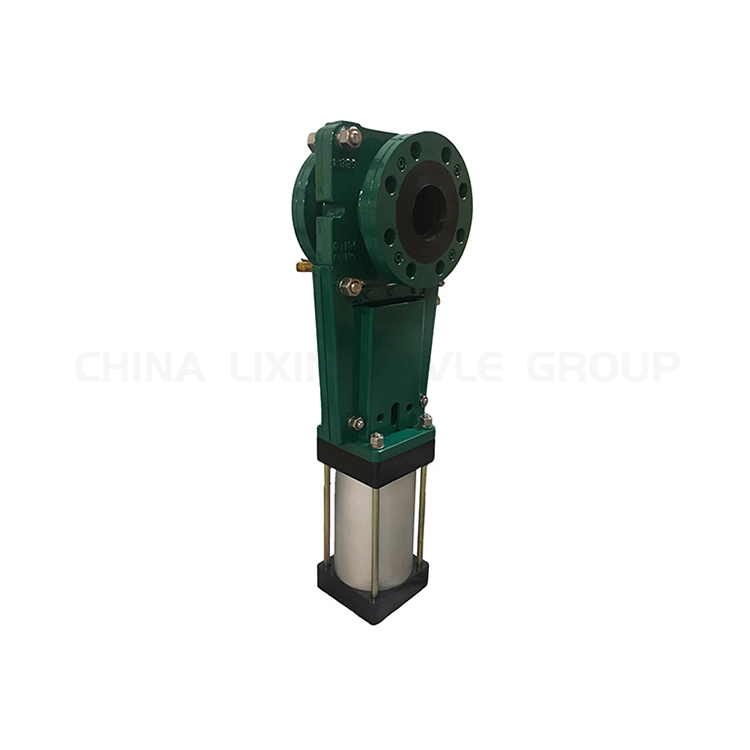The Advantages of Using Rubber Lined Gate Valves in Your System
Gate valves are essential components in many industrial and municipal systems, controlling the flow of liquids and gases. While various materials are used for gate valve construction, rubber-lined gate valves offer distinct advantages that make them a preferred choice in specific applications.
Here are some key benefits of using rubber-lined gate valves
1. Excellent Corrosion Resistance: The rubber lining acts as a barrier between the fluid and the valve body, protecting it from corrosive elements. This is particularly beneficial when handling aggressive chemicals, wastewater, or seawater, extending the valve’s lifespan and reducing maintenance costs.
2. Enhanced Durability and Abrasion Resistance: The resilient rubber lining can withstand abrasive particles and harsh environments, making it ideal for applications involving slurries, sewage, or other abrasive media. This significantly reduces wear and tear on the valve, ensuring reliable operation and extended service life.
3. Tight Shut-Off Capability: The flexible rubber lining creates a tight seal against the valve seat, ensuring minimal leakage and preventing backflow. This is crucial for applications requiring precise flow control and leak prevention.
4. Reduced Noise and Vibration: The rubber lining absorbs vibrations and dampens noise generated by fluid flow, contributing to a quieter and smoother operation. This is especially advantageous in noise-sensitive environments or where vibration can damage other system components.
5. Cost-Effectiveness: While the initial cost of rubber-lined gate valves might be higher than some alternatives, their extended lifespan, reduced maintenance requirements, and superior performance often translate to significant cost savings over time.
Applications
Rubber-lined gate valves find application in various industries, including:
Chemical processing: Handling corrosive chemicals and aggressive fluids.
Wastewater treatment: Managing abrasive sewage and sludge.
Power generation: Controlling water flow in cooling systems.
Marine applications: Resisting seawater corrosion in shipboard systems.
Mining and mineral processing: Handling abrasive slurries and tailings.
Considerations
While rubber-lined gate valves offer numerous advantages, it’s crucial to consider the specific application requirements. Factors such as temperature limitations, pressure rating, and compatibility with the fluid media should be carefully evaluated before selecting a valve.
By understanding the benefits and limitations of rubber-lined gate valves, you can make informed decisions to optimize your system’s performance and reliability.









